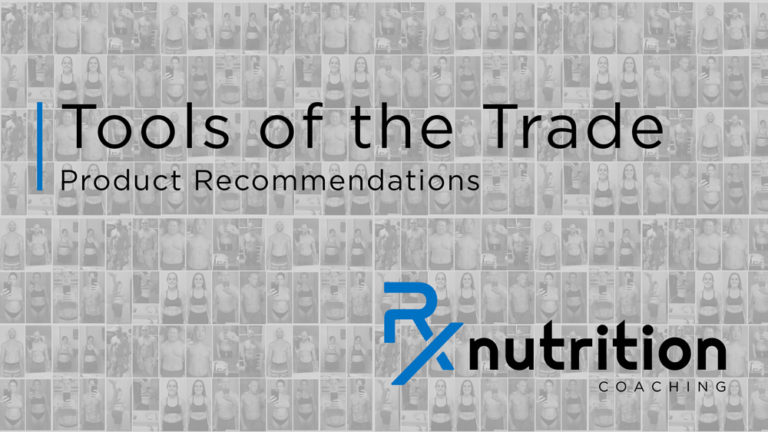How much do you sleep? Eight hours a night? Six? Less than five?
Homo sapiens are at the top of the food chain. But we didn’t get here by luck. Hell, no. We innovated our way to the top.
We learned how to start fires and build weapons. We invented wheels. We domesticated animals and crops.
Then the Industrial Revolution happened. We harnessed electricity and created light bulbs, automobiles, and factories. And that lead to the current digital revolution where we all have mini-computers with internet access in our pockets — all in the span of a couple of hundred years.
How did we accomplish all this? See if any of these words or phrases sound familiar:
- hustle
- grind
- “burning the midnight oil”
- “I’ll sleep when I die”
As a culture, we love stories about people with big ideas who work day and night to bring their dreams to reality. We glorify hustlers who sacrifice sleep to climb their way to the top. It’s like surviving on four hours of sleep is a badge of honor.
But a lack of sleep is also detrimental to our overall health and weight loss goals.
The Impacts of Sleep Deprivation
I’m not an expert on sleep. But, as weird as it sounds, there is such a thing. They call themselves “sleep scientists.” This is fortunate for us because: 1) that job sounds boring as hell, and 2) they like to write about their research.
Matthew Walker, PhD is one of these sleep scientists. He wrote a book called Why We Sleep: Unlocking the Power of Sleep and Dreams. And if that doesn’t sound like something you want to stay home and read on a Friday night, We’ve got you covered.
Here’s a quick list of the bad things that can happen due to a chronic lack of sleep:
- Weakened immune system
- Diminished cognitive ability and motor skills
- Less emotional control
- Decreased levels of alertness
- Impaired memory
- Diminished ability to focus or concentrate
- WEIGHT GAIN (or more related to our goals: slower weight loss)
That last one is in ALL CAPS because that’s why you’re on this blog, right?
I think deep down we can relate to most of these. We can tell we aren’t as mentally sharp at work when we stay up until 2:00 am binging on Stranger Things. We know we’re a little short-tempered when we haven’t had our beauty sleep.
But our weight? Can a lack of sleep really slow down our weight loss — or even cause us to gain weight?
The leading causes of disease and death in developed nations—diseases that are crippling health-care systems, such as heart disease, obesity, dementia, diabetes, and cancer—all have recognized causal links to a lack of sleep.
Matthew Walker, PhD
How Sleep Affects our Weight
One of the sections on the nutrition tracking log our clients fill out is “hours of sleep.” It’s easy to miss. It’s tucked away near the bottom — overshadowed by all the “important” stuff like macronutrients, body weight, and waist measurements.
But that doesn’t mean it’s any less important. If our goal is to lose weight, our results will be better if we get sufficient sleep.
Let’s talk about why.
Sleep Deprivation Decreases Insulin Sensitivity
And just WTF does that even mean?
This means a chronic lack of sleep makes the cells in our bodies less responsive to insulin.
The pancreas produces insulin to regulate our blood sugar. It helps our cells absorb the glucose we use for energy. If our cells become less responsive to insulin, they don’t absorb as much glucose. With nowhere else to go, this excess glucose in our bloodstream gets stored as fat.
Here are some results from one of Dr. Walker’s studies:
In the first of these studies, participants were limited to sleeping four hours a night for just six nights. By the end of that week, these (formerly healthy) participants were 40 percent less effective at absorbing a standard dose of glucose, compared to when they were fully rested.
Matthew Walker, PhD
Put simply: a lack of sleep can cause us to accumulate body fat.
Sleep Deprivation Throws Our “Hunger” Hormones out of Whack
Yes, there are hunger hormones. They’re called “leptin” and “ghrelin.”
Leptin is the hormone that tells our brains we’re full. Ghrelin is the hormone that tells our brains (which tell our mouths) to keep eating. When we’re sleep-deprived, our leptin levels take a nosedive and ghrelin levels skyrocket. (Two aerial metaphors in one sentence. Nice.)
So we end up with low levels of the “I’m full” hormone and high levels of the “keep eating” hormone. And we know who usually wins that battle.
The More We Sleep, the Less We’re Awake (to EAT)
That’s not science. It’s…common sense? I mean, if we’re asleep, then we physically can’t eat at the same time (at least I can’t). There’s our “weight loss hack” of the day.
But if you wanna “science” one more time, we’ve got you.
First, lack of sleep weakens our cognitive abilities — it impairs our judgment. And if we don’t have the cognitive energy to make good choices, we tend to make bad choices. Because we’re human and always take the easy way out.
Second, sleep deprivation leads to an increase in a chemical in our bodies that stimulates our appetite. These chemicals are called endocannabinoids. And if you just flashed back to college and a bad case of the “munchies,” you’re exactly right.
When we’re tired, we make bad decisions.
Get Your Beauty Rest
If your goal is to lose weight, don’t ignore the impact of a good night’s sleep. Dr. Matthew Walker’s decades of research point to something we’ve been told all our lives: most people need seven to eight hours of sleep per night.
And I’m sorry, but I can’t say this any clearer than he says in the book. So I’m going to share one more highlight:
…short sleep…will increase hunger and appetite, compromise impulse control within the brain, increase food consumption (especially of high-calorie foods), decrease feelings of food satisfaction after eating, and prevent effective weight loss when dieting.
Matthew Walker, PhD
Want to get the most out of your weight loss journey? Get your beauty sleep.

